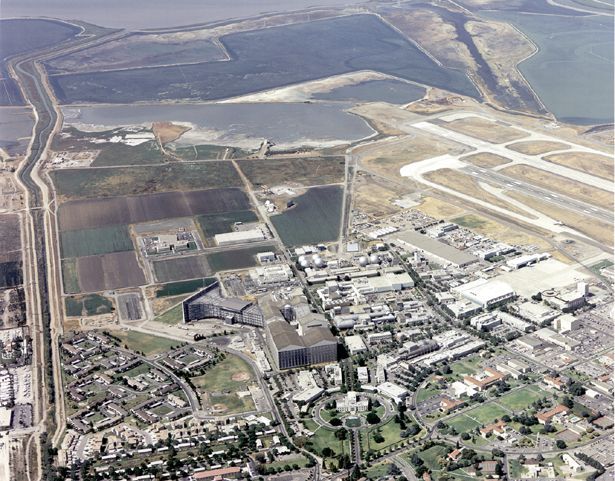Circa 2018 we need crispr pills for this.
The steady march of aging might not have to be so steady, according to a growing body of research. Now a team from the University at Buffalo has isolated a single gene that controls senescence, the process that stops cells from dividing and contributes to aging symptoms. Ramping it up, they found how easily the effect can spread among neighboring cells. That makes the gene a crucial target for future work into anti-aging and cancer therapies.
Living cells have a natural limit to the amount of times they can divide, before they stop and become what are known as senescent cells. The problem is, over time these senescent cells build up in the body, eventually contributing to the physical symptoms we associate with aging, such as increased risk of diabetes, heart disease, arthritis and cataracts. On the other hand though, completely halting senescence can lead to cancer, as the cells continue to divide unchecked.
Realizing this mechanism, scientists have been developing ways to clear out these senescent cells, including a new class of drugs known as senolytics. In tests, these drugs have been found to extend the lifespan of mice by up to an impressive 35 percent, and keep them in better health for longer.





